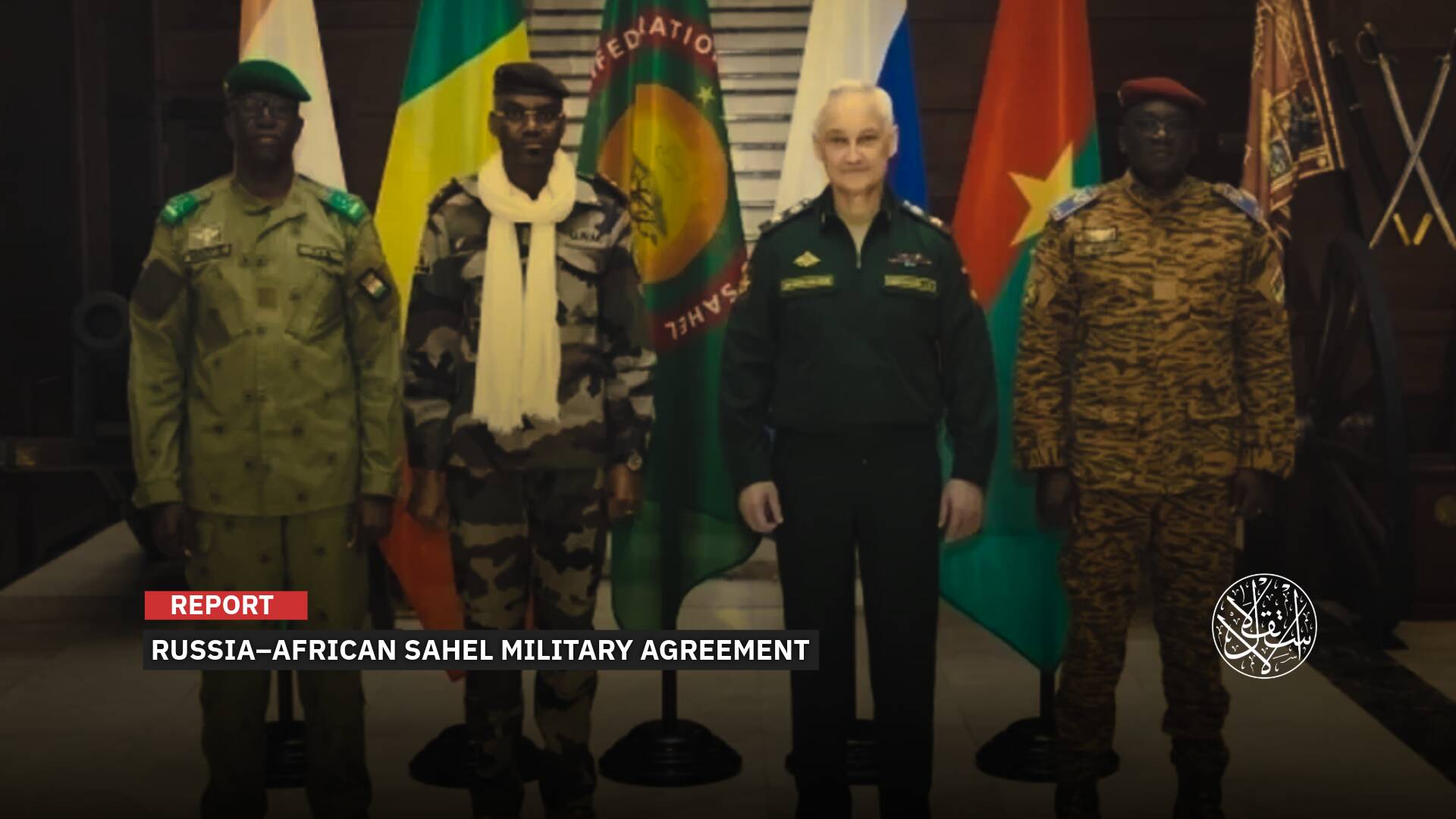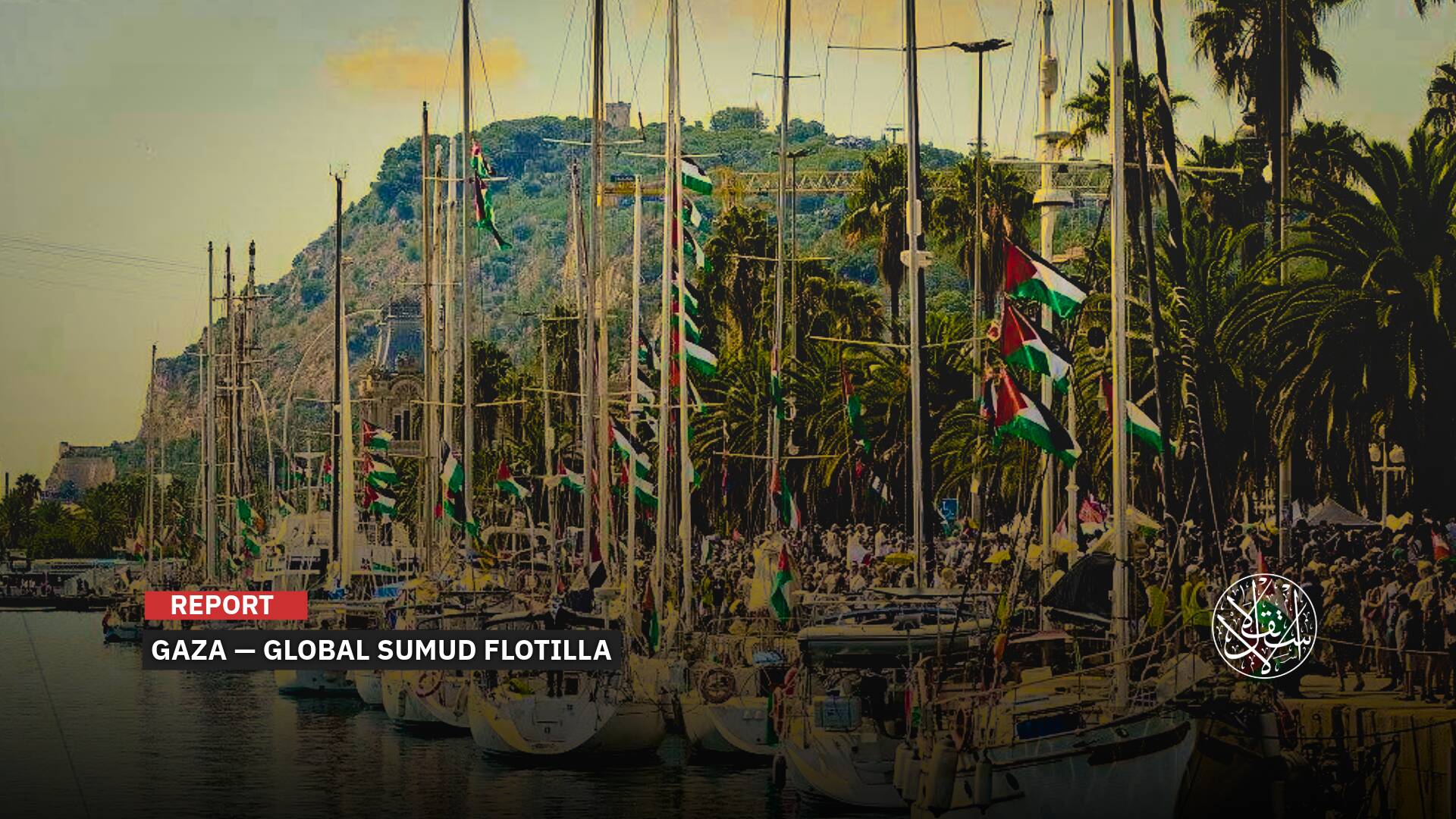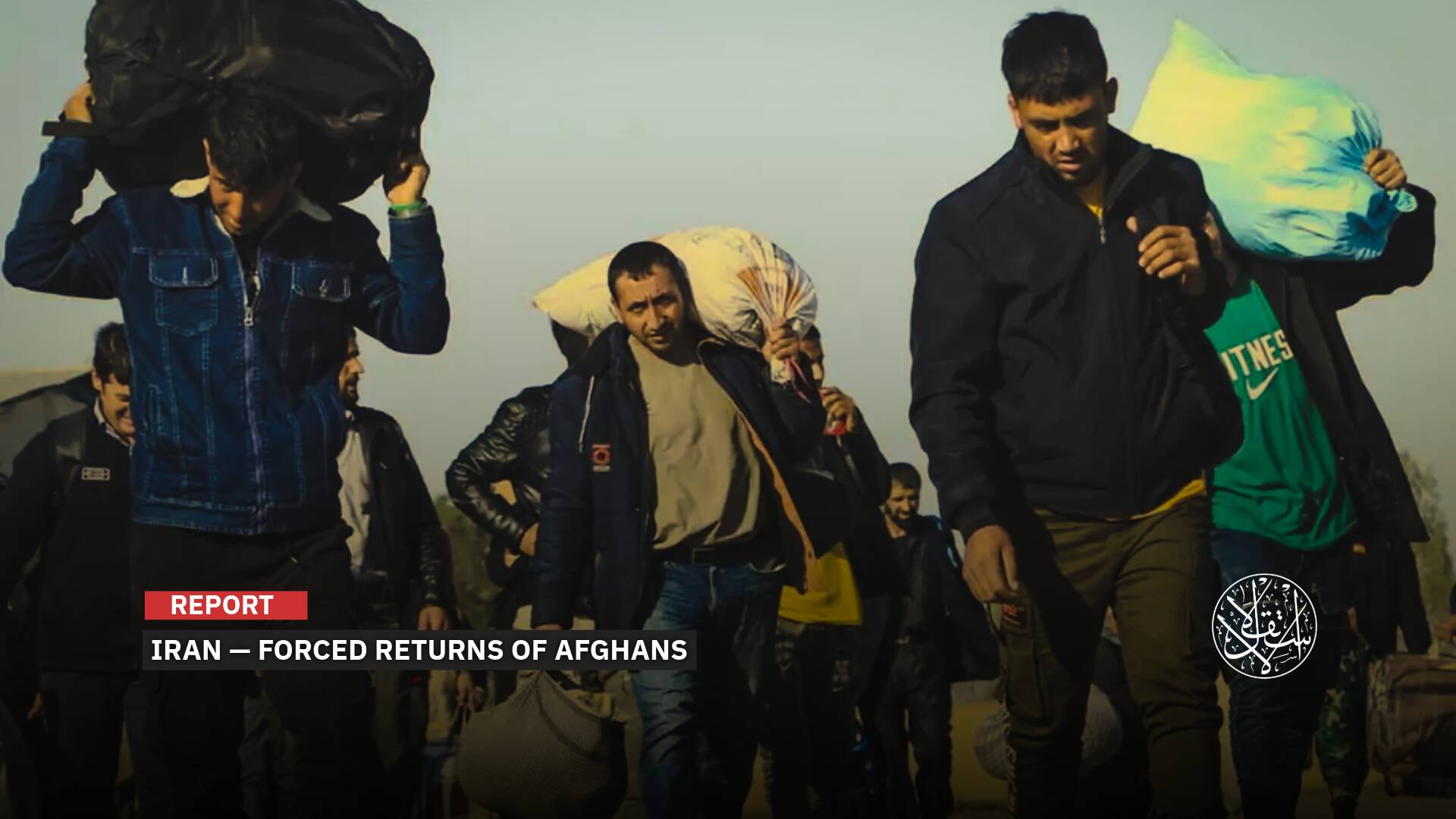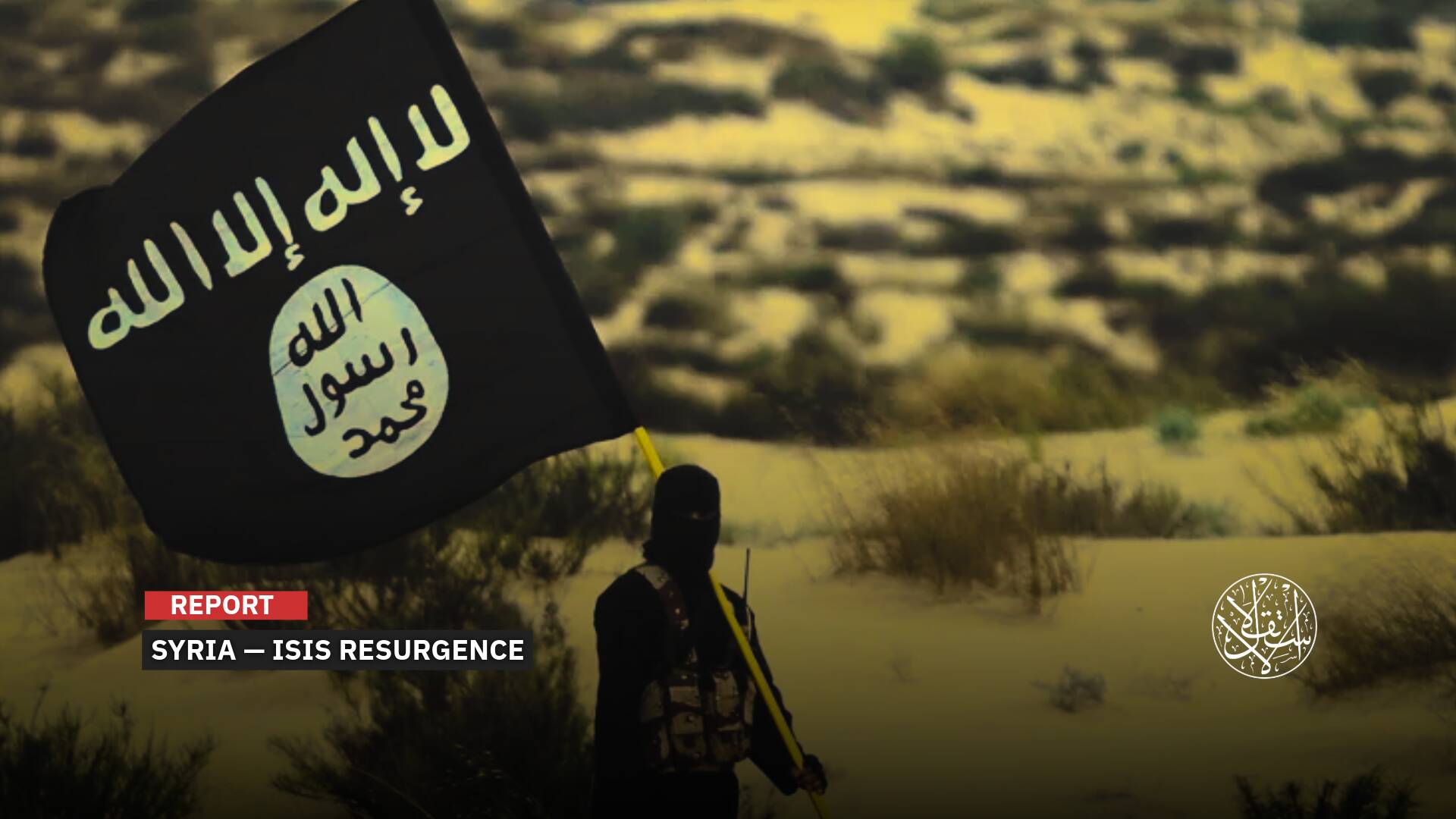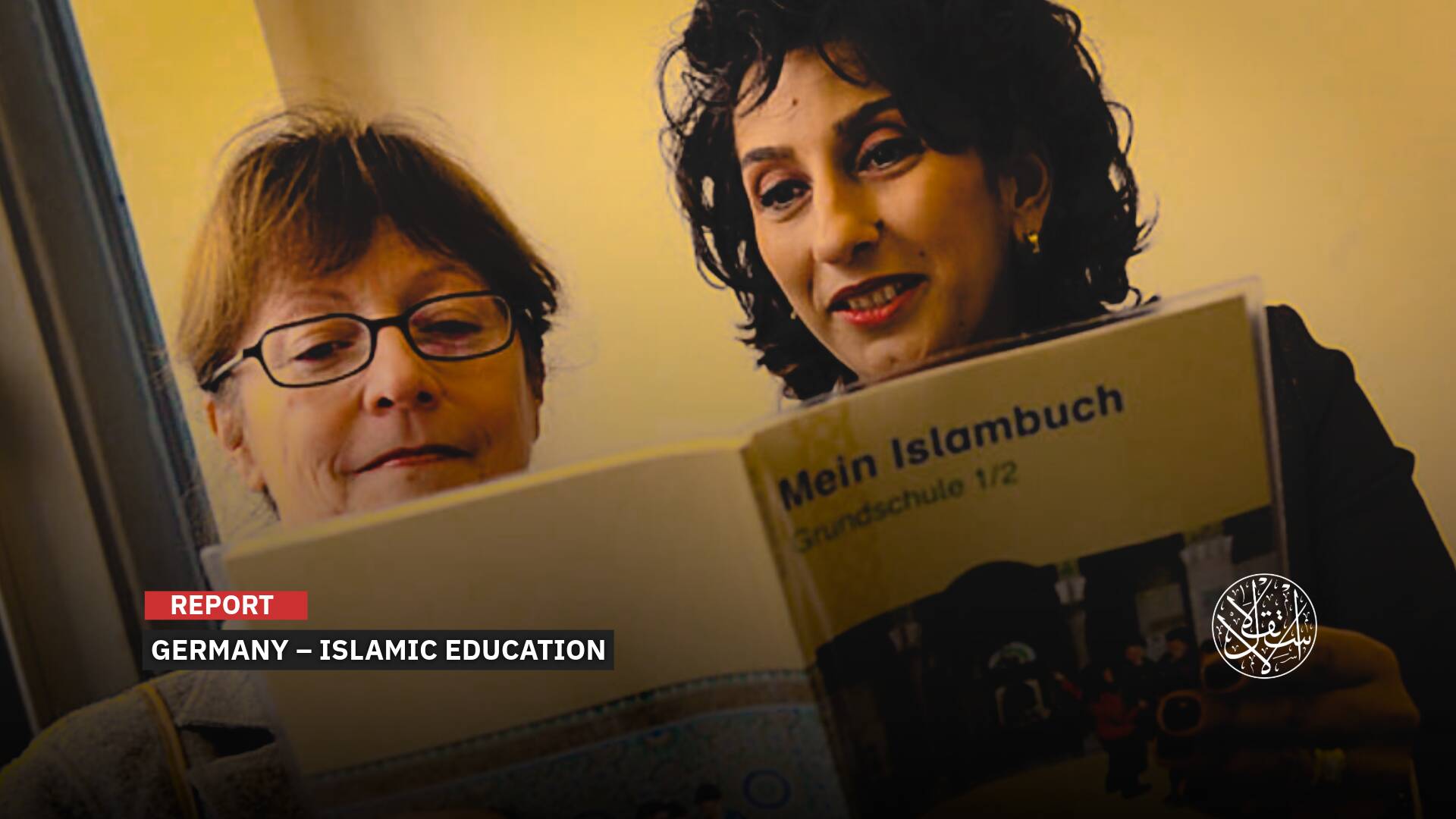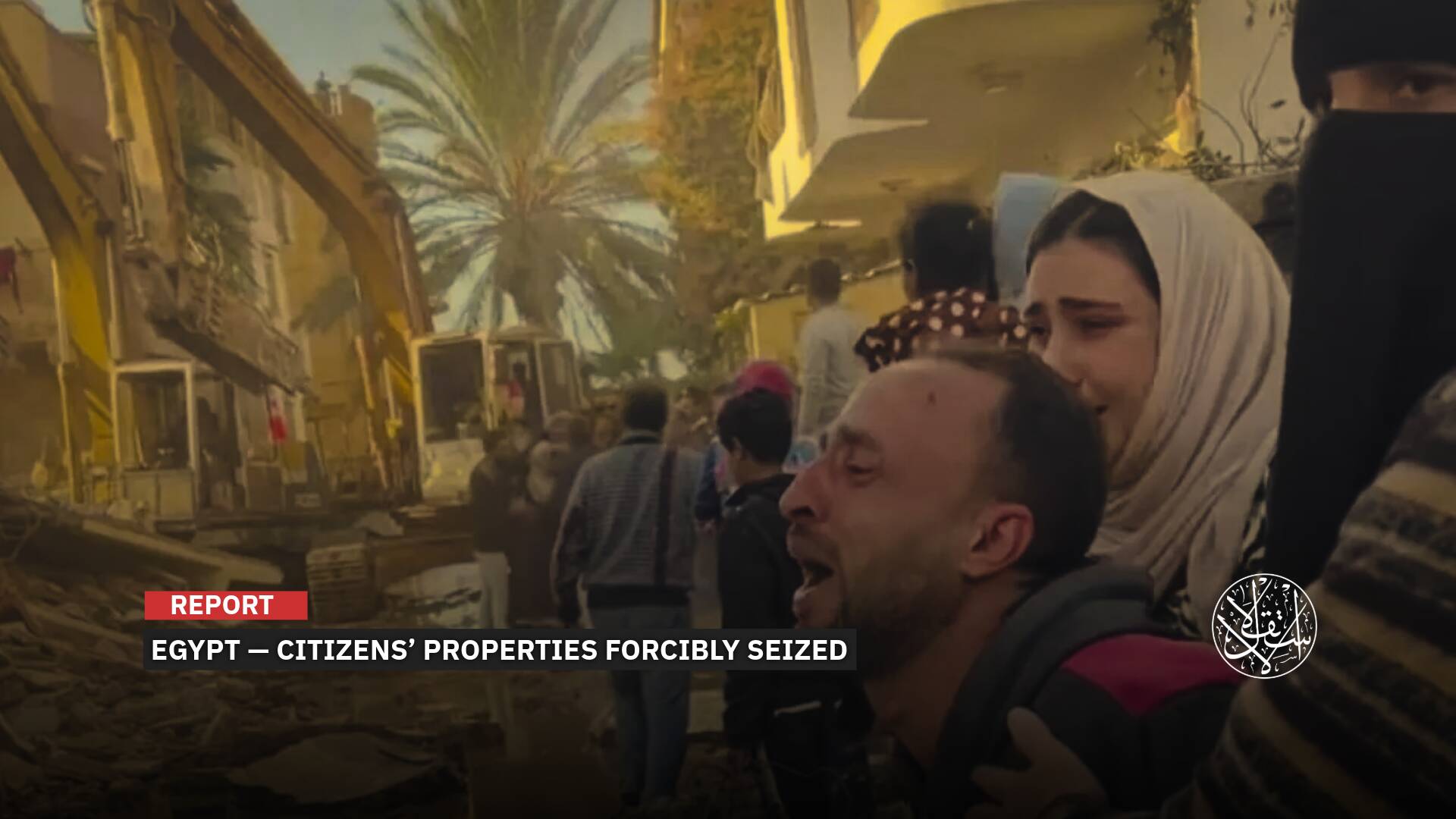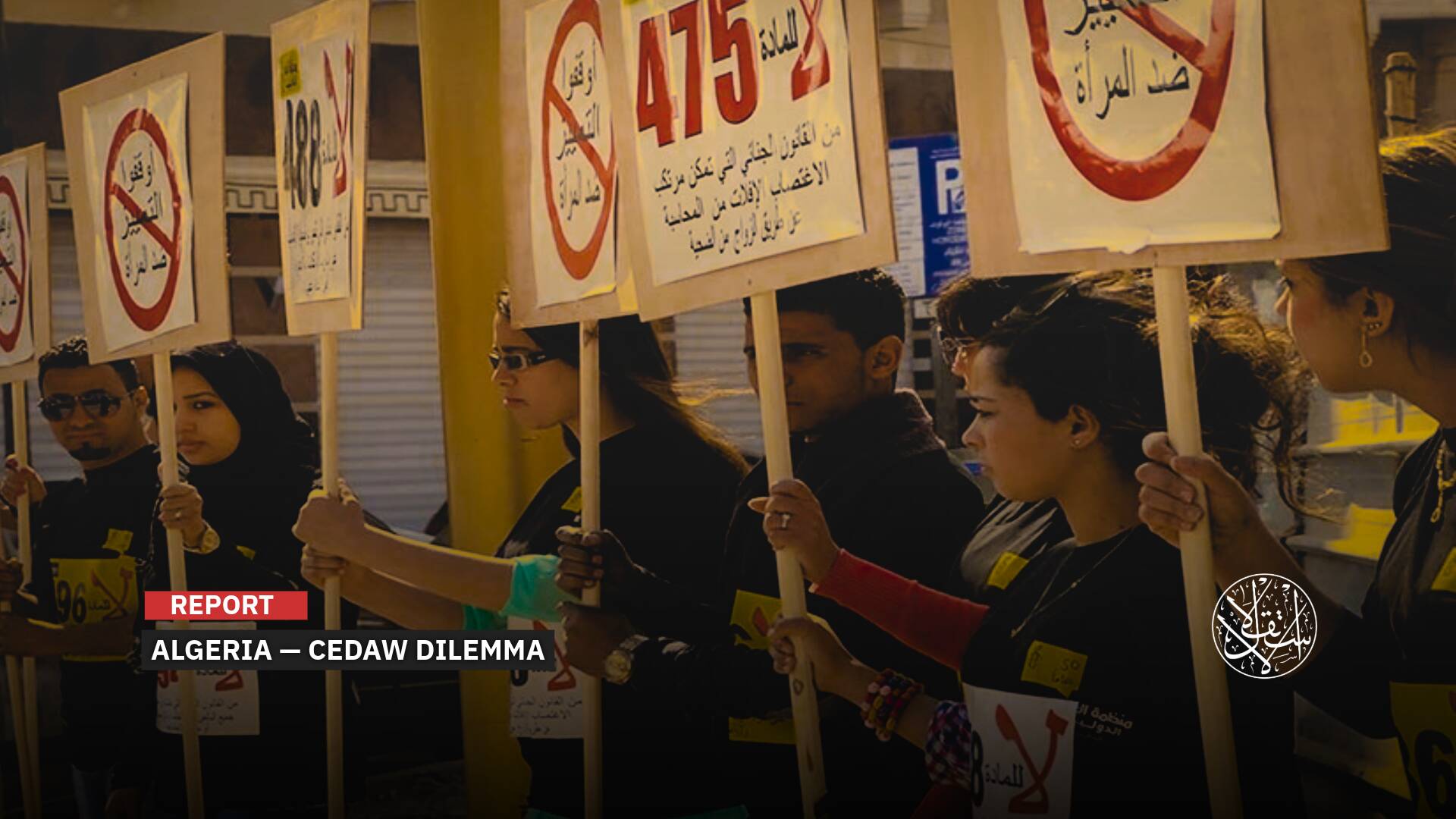The South African Archbishop Desmond Tutu – Nobel Peace Laureate and Strong Supporter of the Palestinian Cause

On Sunday December 26, the South African Archbishop Desmond Tutu died aged 90. The Nobel Prize Peace laureate was a giant of the struggle against apartheid and a strong supporter of the Palestinian cause.
The president of South Africa commented on his death by saying: “The passing of archbishop emeritus Desmond Tutu is another chapter of bereavement in our nation’s farewell to a generation of outstanding South Africans who have bequeathed us a liberated South Africa.”
He added that Tutu was "a man of remarkable intelligence and integrity who was not overpowered by the apartheid forces. He had a great deal of tenderness in his sympathy with those who suffered oppression, injustice, and violence in the apartheid regime, and with the oppressed and oppressors alike in the whole world."
Early Life
Desmond Tutu was born on October 7, 1931 in a small town in South Africa whose inhabitants mostly worked in the gold mines of the Transvaal region.
Desmond’s family was poor. Tutu later described his family in The Authorised Biography of Desmond Tutu saying: "although we weren't affluent, we were not destitute either."
Even though Tutu was accepted to study medicine at the University of the Witwatersrand, his parents could not afford the tuition fees. Then, he directed his interest toward teaching, after earning a government scholarship to study at the teacher training institution Pretoria Bantu Normal College.
In 1951, he was a member of the Student Representative Council, actively involved in the Literacy and Dramatic Society, and the chair of the Cultural and Debating Society
He initially followed his father's footsteps and worked as a teacher, but left that profession after the Bantu Education Act came into force in 1953, the law that introduced racial segregation in schools.
Desmond Tutu joined the Church and was greatly influenced by many of the white clergies in South Africa and in particular the stubborn opponent of apartheid, Archbishop Trevor Huddleston.
The Rebellious Bishop
After his ordination in the church, Tutu earned degrees in theology and psychology from University in London and worked for a time in two churches in southeast England.
After a stint working for the World Church Council in Britain, Tutu became the first black head of the Anglican Church in Johannesburg in 1975.
He also served as bishop in Lesotho between 1976 and 1978, as assistant bishop of Johannesburg and head of a diocese in the suburb of Soweto before being appointed bishop of Johannesburg.
Desmond Tutu began raising his voice against injustice in South Africa when he was Head of the Anglican Church in Johannesburg, and then when he became General Secretary of the South African Church Council in 1977.
Although he was a well-known figure before the outbreak of the 1976 uprising in the black towns, the white community in South Africa did not know Tutu as a reformer until a few months before the outbreak of violence in Soweto.
In 1976, Tutu became a bishop in the Kingdom of Lozoto of South Africa, and two years later he was the first black to head the South African Council of Churches, and this coincided with his activity in the movement for black rights in his country.
After becoming the leader of the Anglican Church in South Africa, Tutu continued his effective defiance of apartheid. In March 1988, he said, "We refuse to be treated like a doormat that the government wipes its shoes on."
Six months later, Desmond Tutu risked going to prison by calling for a boycott of local elections. He was poisoned with tear gas in August 1989, when police confronted a group leaving a church in a black township near Cape Town. The following month, he was arrested after refusing to leave the Prohibited demonstration.
Nobel Peace Laureate
Desmond Tutu was awarded the Nobel Peace Prize in 1984 for his efforts to stand up to apartheid, a move seen as a major affront to the international community for South African white rulers.
Tutu's inauguration as Archbishop of Johannesburg was attended by international religious figures, including the widow of US civil rights leader Martin Luther King.
The South African president Cyril Ramaphosa said about Desmond: “From the pavements of resistance in South Africa to the pulpits of the world’s great cathedrals and places of worship, and the prestigious setting of the Nobel peace prize ceremony, the Arch distinguished himself as a non-sectarian, inclusive champion of universal human rights.” said.
Tutu was renowned for his support of the peaceful struggle. Although he opposed the policy of apartheid in South Africa, he rejected the violent responses of blacks against this policy, which earned him the Nobel Peace Prize in 1984.
In 1990, Tutu and Mandela met for the first time at Cape Town City Hall. Mandela at the time described Tutu as the "people's archbishop".
Advocating the Palestinian Cause
In an opinion article published by the Guardian, entitled “Joe Biden should end the US pretense over Israel’s ‘secret’ nuclear weapons, Tutu explained: “Biden administration agreed to undermine US law by signing secret letters stipulating they will not acknowledge something everyone knows: that Israel has a nuclear weapons arsenal.”
He added: “The cover-up must be stopped, and with it the granting of huge sums of money to aid a country with repressive policies towards the Palestinians, "this farce must end" and the US government must abide by its laws and cut off funding to Israel.”
Tutu, who was chairing the South African Truth and Reconciliation Commission, added: The incoming Biden administration must properly implement US law and explicitly recognize Israel as the leading state sponsor of nuclear proliferation in the Middle East, and other governments, especially the South African government, must insist on the rule of law and disarmament. Weapon purposefully.
Tutu was also famous for his advocacy of the Palestinian cause, as he condemned the Israeli violence emphasizing that can only generate more hatred and mutual violence.
In 2002, he said: “the Israeli violations are only equal to the racial discrimination policy that prevailed in my country against blacks.”






